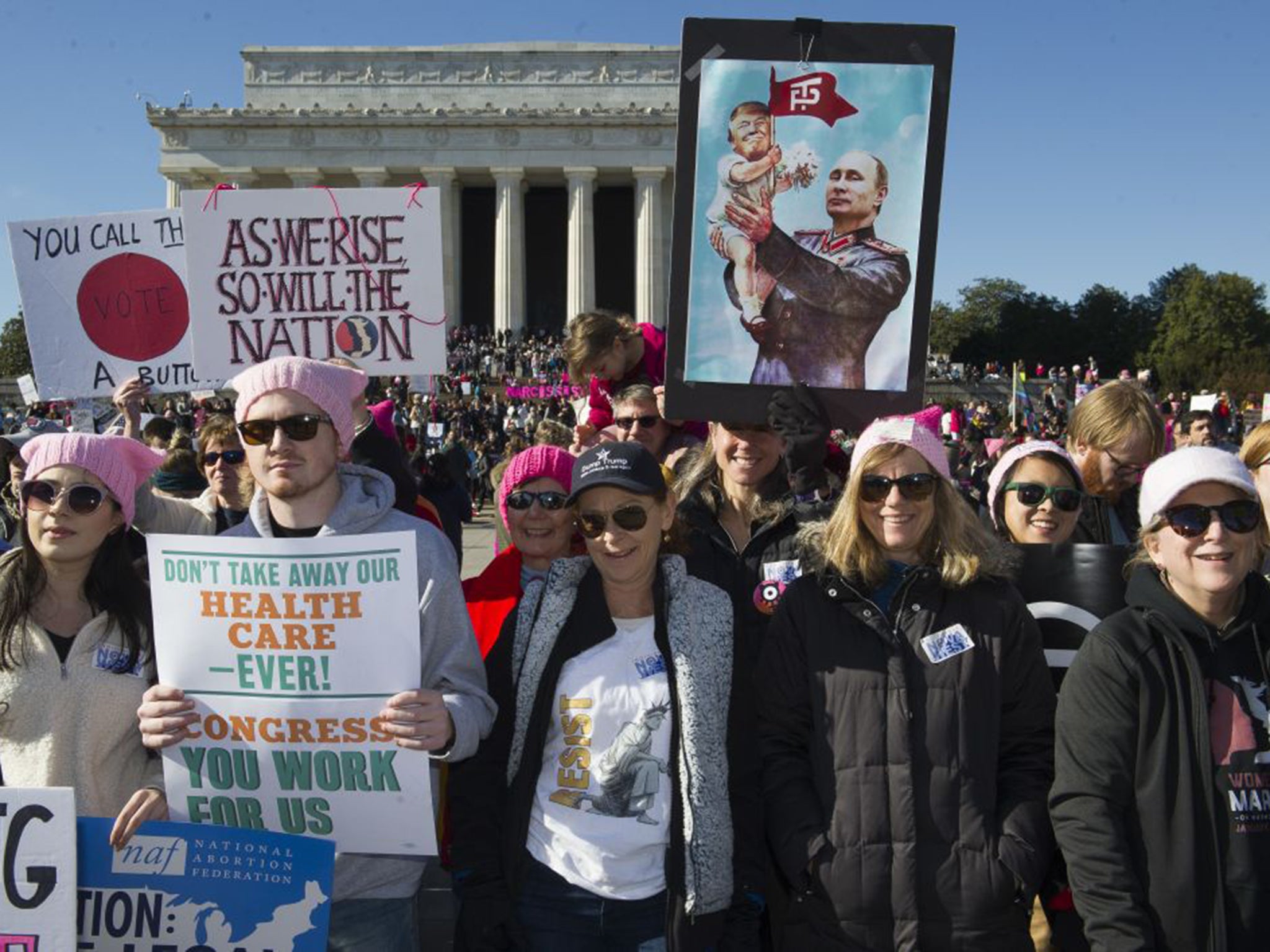The #MeToo campaign has reached the tipping point, and now we need to focus on the power of the law
We need to educate people about their rights, but also support them in seeking legal action – which can be complex and expensive – in order to enforce these rights

Gloria Allred, the feminist power-lawyer and my personal hero, echoed many women’s views when she recently told a Financial Times reporter that we have reached “the tipping point” in the #MeToo campaign.
Many are asking, now what? The next stage is to bring about awareness, raise funds and bring legal justice for victims – we can fundamentally change the way we deal with discrimination in our culture. That, to a certain extent, is happening behind the scenes already.
At least for a few months, we have seen the domino effect where powerful men are now vulnerable.
Brave women came forward, and gave space and confidence for other women to do the same. Their stories won’t guarantee justice – after all, so far in the #MeToo campaign, no alleged perpetrator has faced criminal charges. But the role of social media, crowdfunding and other digital interfaces has created solidarity and helped tip the balance back to women. It also gives them hope, and for survivors, that is incredibly powerful.
The law has an important role to play. First, we need to educate women about their rights. Second, we can help enforce those rights – which can be complex and expensive in practice. Third, and perhaps most importantly, we can protect women who speak out about unacceptable, discriminatory conduct that may not clear the bar of illegality by making sure that they can’t be silenced by powerful men and organisations.

Online, everyone who believes in a society that’s safe and respectful can come together to achieve these goals.
This week on CrowdJustice, the platform I founded which enables people to come together to access the law, we saw the launch of a case, brought by the Centre for Women’s Justice and a leading feminist lawyer, to challenge the parole board’s decision to allow the early release of serial rapist John Worboys. The crowdfunding campaign allows people to come together to fund action to stop his release but it could also change the rules, which currently prevent the reasons behind the parole board’s decision from being published. This is important because if the lawyers can get access to these reasons they can explore grounds for challenging the decision.
There are other fundraising and awareness campaigns surrounding discrimination which deserve attention for the bravery of the women involved in using the law. They include women in the music industry speaking out about the harassment they faced from a powerful man, who tried to silence them with a defamation suit.
They include more than 200 victims of police spying, most of them women, who were duped into sexual relationships with officers during an undercover investigation, and the women in Northern Ireland who are fighting for their reproductive rights. They also include a group of inspirational women who are fighting against the impact of changes to the State Pension Age, and the women leading the fight to recall Californian judge Aaron Persky, the man who sentenced rapist Brock Turner to just three months.
There are no shortage of stories of women who have faced discrimination, from everyday sexism to profound injustices, and more and more of them are fighting back. My hope is that cases like these provide an example to other women and girls that the law can be used to challenge the status quo, or to protect rights that exist in principle but should exist in practice, too. My hope is that it won’t just be prominent campaigners like Gloria Allred, but every woman, who can stand up for women’s rights and have a voice in the legal system.
Thanks to women coming together online to bring about positive change, there are many people to talk to these days. More and more of us are in the fighting spirit.
Julia Salasky is the CEO of CrowdJustice
Join our commenting forum
Join thought-provoking conversations, follow other Independent readers and see their replies
Comments
Bookmark popover
Removed from bookmarks